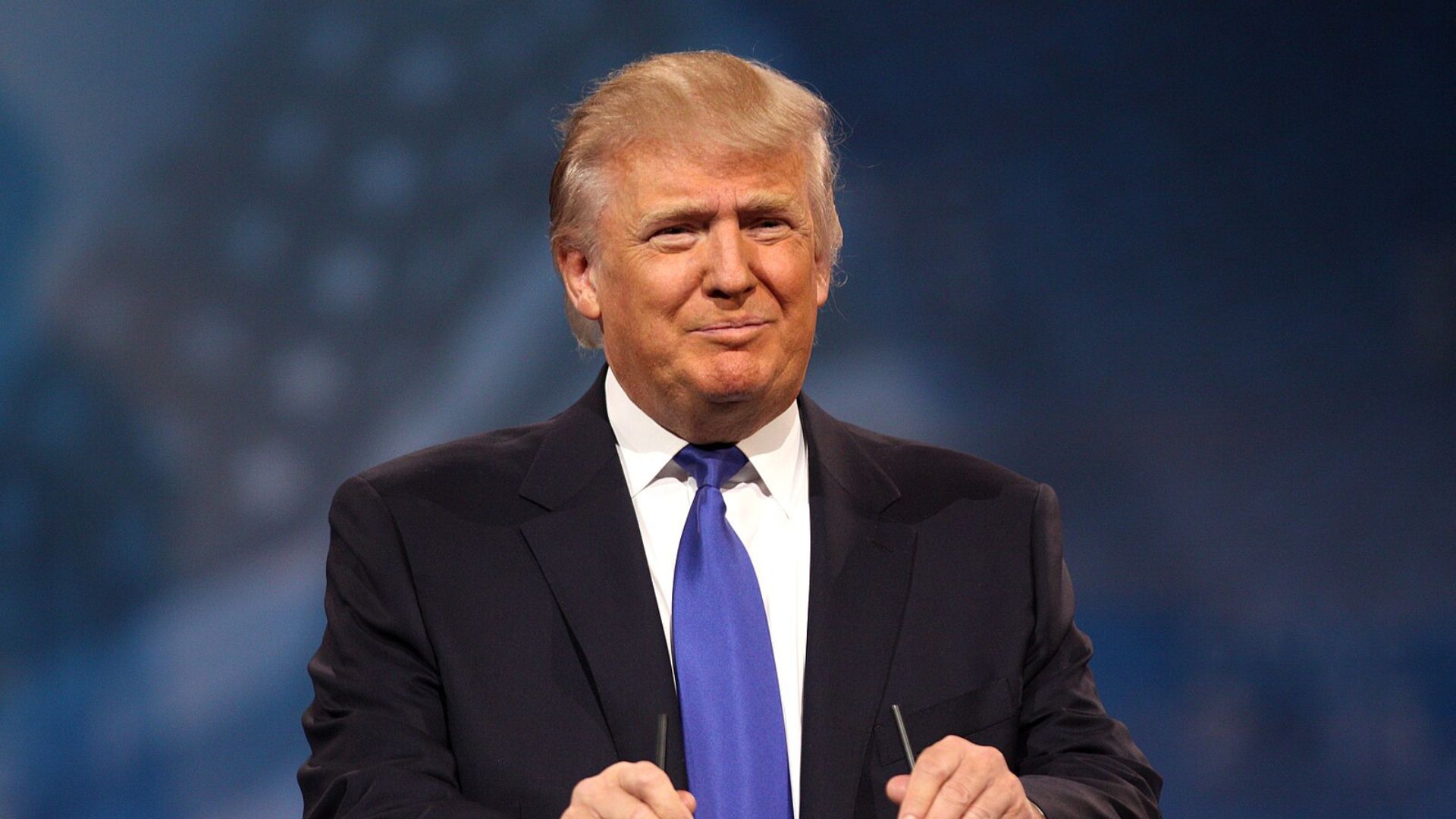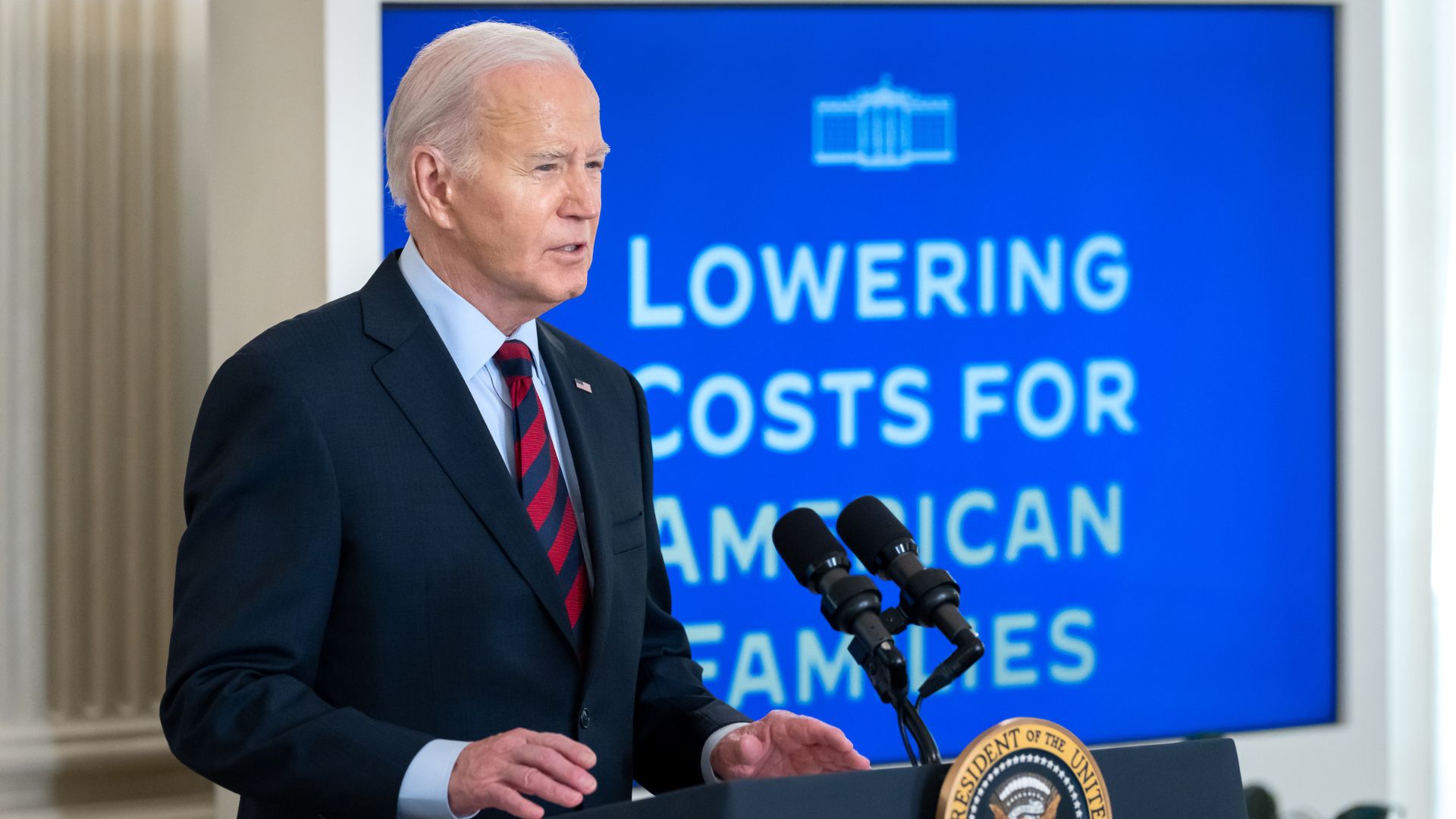President Joe Biden is set to announce a significant policy shift in his upcoming State of the Union address.
He plans to increase the minimum tax rate for major US corporations and multinational entities to 21%, up from the 15% implemented earlier in his tenure. This change aims to ensure that these large corporations contribute more to the national revenue, impacting firms valued at over $1 billion.
Enhanced Taxation on Multinational Corporations

The administration’s focus extends beyond domestic companies to multinational corporations, proposing a 21% minimum tax.
This initiative is expected to generate considerable tax revenues, especially from pharmaceutical companies. Additionally, Biden advocates for increasing the tax on stock buybacks fourfold, aiming to shift corporate investments towards workforce and equipment rather than share repurchases.
Positioning Against Trump’s Tax Policies

In his address, Biden intends to draw a sharp contrast with the tax policies of his predecessor, Donald Trump.
Trump’s significant tax reductions for wealthy individuals and corporations are set to expire by 2025. Biden’s proposal seems to set the stage for an impending debate on the future of the U.S. tax code, emphasizing a departure from Trump’s legislative achievements in this area.
The Prospect of Corporate Tax Rate Increases

While advocating for increased minimum tax rates, Biden also revisits his proposal to elevate the corporate tax rate to 28% from the existing 21%.
Despite the unlikelihood of immediate legislative action on this front, particularly in an election year, the proposition illustrates Biden’s commitment to tax reform, setting a definitive agenda for his administration.
Targeting Executive Compensation and Perks

Biden’s proposal includes a strategic move to limit tax deductions for companies that pay employees over $1 million, potentially raising $270 billion in 10 years.
Moreover, he seeks to reduce tax benefits associated with private jet travel, ensuring that high-earning individuals and luxurious corporate expenses contribute a fair share to the tax system.
Introducing a Minimum Tax for Billionaires

The administration is considering a 25% minimum tax on billionaires, aiming to prevent the wealthiest Americans from exploiting tax code loopholes.
While this proposal might face significant legislative hurdles, it demonstrates a focused effort to ensure tax equity, particularly targeting those who have managed to minimize their tax obligations through various legal means.
Targeting Corporate Jet Deductions

Further tightening tax regulations, Biden proposes extending the depreciation period for corporate jets, aligning it with commercial aircraft at seven years.
This adjustment is expected to decrease annual deductions and increase tax contributions from corporate entities, reinforcing the administration’s focus on tax fairness.
Supporting Middle and Lower-Income Families

Biden plans to maintain tax cuts for individuals earning less than $400,000 and enhance tax credits that benefit low-income families, including expansions of the Child Tax Credit and tax benefits for low-wage workers.
These measures are designed to provide financial relief and support economic equality.
Combating Corporate and Consumer Exploitation

The administration is also addressing “corporate rip-offs” that affect consumers directly, such as unjust “junk” fees, price gouging and smaller packaging sizes to hide price increases.
Biden’s efforts include tackling deceptive practices in various industries to protect consumers from hidden costs and inflated prices.
Regulating Credit Card Industry Practices

In an effort to shield consumers from exploitative financial practices, Biden will push for stricter regulations on the credit card industry, including capping late fees and scrutinizing deceptive reward programs.
These measures are intended to prevent financial institutions from undermining consumer rights and economic well-being.
Budgetary Implications and Political Strategy

Biden’s tax proposals are not merely fiscal measures but also serve a strategic political role.
By integrating these proposals into his budget plan, Biden aims to project a significant reduction in the federal deficit, estimated at $3 trillion over ten years. This approach also lays the groundwork for the upcoming electoral campaign, highlighting fiscal responsibility and equitable tax policy.
The Future of Tax Legislation Amidst Political Divide

The upcoming elections could result in a divided government, with potential implications for Biden’s tax proposals and the existing Trump-era tax cuts.
Bloomberg notes that if Democrats and Republicans share power, significant alterations to the Trump tax cuts might not materialize, preserving most of the current provisions with possible minor adjustments achieved through bipartisan consensus.

